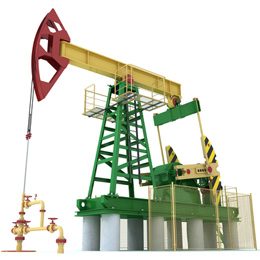The rebounded prices for crude oil help the production of shale oil and gas to recover, after the all-time low in 2016. Manufacturing costs for shale oil and gas, specifically in the United States, have also fallen by almost 25-30% in the last few years, resulting in increased production from these sources. The United States and Canada are the leading suppliers of oil and gas from shale and tight resources, together accounting for more than 90% of the global market. In the long term, U.S. production of shale oil and shale gas is expected to double by 2035 and 2040, respectively. Canada will also double the production of shale gas by 2040. As a result, the consumption of chemical additives used in the development of these fields is set to grow.
Advanced formulations
Due to the complexity of drilling and extracting processes, shale and tight oil and gas fields require more specialty chemicals compared to conventional resources. Thus, the demand for specialty chemicals for unconventional sources is expected to grow faster than the overall demand of specialty chemicals for the oil and gas industry.
Geopolitics
The conventional oil and gas industry is being influenced by various geopolitical issues, including the Qatar diplomatic crisis and ongoing wars in Iraq and Syria. Shale and tight oil and gas production is concentrated in the United States and Canada, which are less affected by political factors, providing chemical suppliers with a more stable environment for growth.
Supplier power
Formulations used in the oil and gas industry have gradually become more complex, and current formulations contain a large number of chemicals. The impact of chemicals on processes within the industry requires an in-depth analysis, as wrong choices may lead to damage, delays, and cost overruns. This increases the importance of service providers, as they can consult manufacturers with tailored chemical selection. Furthermore, some service providers themselves manufacture some of the chemicals used to develop these fields that gives them a competitive advantage.
Despite the positive market outlook, manufacturers of chemicals used in unconventional gas and oil fields face a range of challenges, including crude oil price volatility, environmental concerns and associated regulations, and technical requirements, which can greatly affect the consumption of industry-related chemicals. Kline will address these issues in its new research program Chemicals for Unconventional Oil and Gas Fields: North America Market Analysis and Opportunities.

